Choosing the Best Coding Bootcamp for Front End Development: A Guide
A front-end web developer is responsible for implementing the visual and interactive elements of a website or application. They work closely with designers to create user-friendly and visually appealing interfaces that users can interact with.
Some potential strengths of a good front-end developer may include:
- Proficiency in front-end technologies: A good front-end developer should have a strong understanding of the technologies and tools used in front-end web development, such as HTML, CSS, and JavaScript.
- Strong design skills: Good web development should have a good eye for design, and be able to create visually appealing interfaces that are easy to use.
- Attention to detail: Front-end developers need to have a keen attention to detail in order to create interfaces that are polished and user-friendly.
- Problem-solving skills: Front-end development can often involve solving complex technical challenges, so a good front-end developer should be able to think critically and find creative solutions to problems.
- Collaboration skills: Front-end developers often work closely with designers and other members of the development team, so good collaboration and communication skills are important.
Remember, this role is different from a software engineer. You don't need a computer science background to attend a coding bootcamp, but we're emphasizing that for a front-end developer specifically. Remember, a software engineer is someone who uses principles of engineering to design, develop, and maintain software systems. A front-end developer, on the other hand, builds the user-facing part of an application or website. It’s an important distinction for people looking to make a career change and unsure of the role.
If you’re looking to design and develop websites, you wouldn’t need as much fluency in CS as a software engineer. In general, software engineering consists of a broader set of skills than pure front-end developers, as they may be responsible for the entire software development process, from designing algorithms and data structures to implementing and testing the code. A front-end web developer, on the other hand, focuses specifically on the part of the application or website that the user interacts with, using languages like HTML, CSS, and JavaScript.
In short, a software engineer focuses on the overall design and functionality of software, while a front-end developer focuses on how the software looks and works from the user's perspective.
There are significant differences between both. So if you’re looking to transition your career to front end vs. a full stack web developer (and invest in a boot camp), you need to understand what you’ll be learning.
What Do Coding Bootcamps Teach an Aspiring Front End Developer?
Front end web development requires fluency with powerful software and tools to create the visual and interactive elements of a website or application. Some of the common tools and technologies used by front-end developers include:
- HTML: HTML (Hypertext Markup Language) is a markup language used to structure the content of a web page. Front-end developers use HTML to add text, images, and other elements to a web page.
- CSS: CSS (Cascading Style Sheets) is a style sheet language used to define the appearance of the content on a web page. Front end development uses CSS to specify the layout, colors, fonts, and other visual styles for a web page.
- JavaScript: JavaScript is a programming language that is commonly used to add interactivity to web pages. Front-end developers use JavaScript to create dynamic effects and functionality on a web page, such as animations, drop-down menus, and form validation.
- Front-end frameworks: Front-end developers may use front-end frameworks, such as React or Angular, to help them quickly build and organize the code for a web application.
- Text editors: Front-end developers often use text editors, such as Sublime Text or Visual Studio Code, to write and edit their code.
- Version control software: Front-end developers may use version control software, such as Git, to track and manage changes to their codebase.
- Testing and debugging tools: Front-end developers may use a variety of tools to test and debug their code, such as browser dev tools and automated testing frameworks. Coding bootcamps worth their weight will review this thoroughly.
More and more front end developers have a design eye. We’re moving into the next evolution of content production (rich websites, dynamic fields, CSS gradients & transitions) and that’s exciting. But remember, larger companies probably won’t ask you to design the UX strategy as well. Let’s talk about the differences.
Front-end Development and UX Design are Different. Pursue the Coding Bootcamp That Fits Your Needs.
Front-end development and UX design are two different fields within the broader field of web and software development. Front-end development focuses on the technical implementation of the visual and interactive elements of a website or application, while UX design focuses on the user experience and usability of a product.
Some key differences between front-end development and UX design include:
- Skills and knowledge: Front-end developers need to have a strong understanding of front-end technologies, such as HTML, CSS, and JavaScript, as well as design principles and best practices. UX designers need to have a deep understanding of user psychology and behavior, as well as design principles and research methods.
- Role and responsibilities: Front-end developers are responsible for implementing the front-end code for a web or software application, while UX designers are responsible for creating and testing the overall user experience of a product.
- Tools and techniques: Front-end developers typically use tools such as text editors and version control software to write and manage their code, while UX designers may use tools such as wireframing and prototyping tools to create and test their designs.
- Career paths: Front-end developers and UX designers often have different career paths and job opportunities. Front-end developers may work as web developers, software engineers, or front-end specialists, while UX designers may work as UX researchers, UX designers, or interaction designers.
The careers are different. And the costs of the coding bootcamps can be, too.
How should I budget for a front end coding boot camp?
In general, the cost of a front-end developer boot camp can vary depending on factors such as the location of the boot camp, the duration of the program, and the reputation and experience of the instructors. Some boot camps may cost several thousand dollars, while others may be more affordable. It is important for potential students to research and compare different boot camps to find the one that best fits their budget and needs.
If you are considering attending a coding boot camp, it is important to plan and budget carefully to make sure you have the financial resources you need to complete the program. Here are a few tips for budgeting for a coding boot camp:
- Research and compare different boot camps: There are many different coding boot camps available, and the cost can vary widely. Research and compare different options to find the one that is most affordable and offers the best value for your money.
- Consider financing options: Many boot camps offer financing options, such as payment plans and loans or even scholarships, to help students cover the cost of the program. Consider these options and compare the terms and interest rates to find the best option for you.
- Factor in living expenses: In addition to the cost of the boot camp itself, you will also need to budget for your living expenses while you are attending the program. This may include costs such as rent, food, transportation, and other necessities.
- Save up in advance: If possible, try to save up as much money as you can before starting the boot camp. This will give you a financial cushion and help reduce the amount of debt you need to take on.
- Plan for after the boot camp: After completing the boot camp, you will need to find a job and start earning income to repay any loans or other debts you may have incurred. Plan ahead and make sure you have a plan in place to start paying off your debts and building your savings.
What Careers Can a Front-End Development Coding Bootcamp Set You Up For?
Front-end developers are responsible for creating the visual and interactive elements of a website or application. They work with design teams and other developers to turn the design and functionality of a product into code that can be executed in a web browser or other platform.
As a front-end developer, you may have the opportunity to work in a variety of different job roles, depending on your skills, experience, and interests. Some potential jobs you may be able to pursue as a front-end developer include:
- Web developer: Web developers are responsible for building and maintaining the front-end and back-end of a website. They may work with a team of designers, content creators, and other developers to create a website that is functional, user-friendly, and visually appealing.
- Front-end specialist: Front-end specialists are specialists in front-end technologies and techniques. They may work on a specific aspect of front-end development, such as performance optimization or accessibility, or may be responsible for implementing a specific feature or component of a web application.
- UI/UX designer: We said before that the role is different. That’s true at larger companies. But if you decide to create your own agency, you’ll need to have some chops here. UI/UX designers are responsible for creating the overall user experience of a product. They may work with front-end developers to implement their designs, and may be involved in user research, wireframing, and prototyping.
- Software engineer: Remember that software engineers are responsible for designing, implementing, and maintaining software systems. You won’t be able to succeed in this role solely learning software and skills of front end. (We’d recommend a full stack program if you want to go this route.) They may work on the front-end and back-end of a web or mobile application and may be involved in all aspects of the development process, from conceptualization to testing and deployment.
- Technical lead: Technical leads are experienced developers who are responsible for leading and coordinating the work of a development team. They may be involved in project planning, code review, and mentoring junior team members.
We consistently track career pages and the state of the market to give you better insight into these, so remember to check out our salaries page to learn more about the upside.
Front End Developer Careers: Will AI Interrupt the Job Market?
It’s difficult to predict the exact impact AI and automation will have on the job market in the next few years, specifically the effects in tech. Front-end developer career trajectories will depend on a variety of factors that could impact the scale of hiring. While it is possible that some tasks currently performed by front-end developers may be automated in the future, it’s pretty unlikely that front-end developers will be replaced entirely by AI. There are a few reasons for this.
Front-end development involves a complex combination of technical skills, such as coding and debugging, as well as creative and problem-solving abilities. These skills are highly difficult to automate, and are likely to continue to be in demand in the future. In addition, as technology continues to evolve and new tools and platforms are introduced, there will likely be a need for front-end developers to quickly onboard themselves to that new technology faster than AI can learn it.
While it is important for front-end developers to stay up-to-date with the latest technologies and tools, and to be open to learning and adapting to new developments, it seems unlikely that AI will completely replace the need for living, breathing, human front-end developers in the foreseeable future.
Pros and Cons of an Online Coding Bootcamp for Front-End Developers
Coding boot camps are highly intensive (and often fully immersive), short-term professional education programs that teach students the skills and knowledge they need to become proficient in a specific programming language or technology for their career. Many coding boot camps offer online programs for those interested in front-end, which can be a convenient and flexible option for students who are unable to attend in-person classes.
As we transition to a world where we live and work in a pandemic, some potential pros of attending an online coding boot camp may include:
- Convenience: Online coding boot camps can be a convenient option for students who are unable to attend in-person classes. Online programs typically allow students to access course materials and complete assignments on their own schedule, from any location with an internet connection. Outside of the safety precautions we’ve been taking, this works well for familial considerations.
- Flexibility: Online coding boot camps often offer flexible scheduling options, such as part-time or self-paced programs, which can be a good fit for students with busy schedules or other commitments.
- Cost: Online programs may be more affordable than in-person boot camps, as they can often be completed without the need for students to relocate or pay for housing and other expenses.
- Access to a wider range of programs: Online programs may offer a wider range of courses and programs than in-person boot camps, as students are not limited by their location.
Some potential cons of attending an online coding boot camp may include:
- Limited in-person interaction: Luckily, we’re starting to change the way we learn but this is a consideration for some learners. Online programs may not provide the same level of in-person interaction as in-person boot camps. Students may not have the opportunity to work in physical proximity with instructors and classmates (unless you’re meeting at a nearby cafe), and may not have access to the same resources and facilities.
- Need to minimize distractions in your own environment: Online programs may require a high level of environment-setting and discipline, as students may face distractions and challenges that can make it difficult to focus on their studies if you’re set up in a desk that’s “too open.”
- Networking opportunities that require proactive online discussions: Online programs may not provide the same in-person networking opportunities as in-person boot camps, as students are not able to meet and interact with other professionals in the field. If you’re someone that thrives in a 1:1, the online introductions you receive from your bootcamp should lead to offline action.
Different types of learners thrive in different types of bootcamps. If you’re interested in both online and in-person bootcamps, you can customize our full list based on your strengths and get matched.
I want to attend a Software Development Bootcamp. Where do I start?
Well, first start by never referring to it as a software development bootcamp again. The term's antiquated. Coding bootcamps are teaching a range of professionals of varying skill levels and offered online and offline. Early entrants like Coding Dojo, Fullstack Academy, AltAcademy, and Promineo Tech might be familiar names. But if you’re starting from scratch, we’ve built a highly useful bootcamp comparison tool.
Conclusion: Finding The Right Front End Bootcamp For You
Best Coding Bootcamps is built for the student’s needs. If you’re aspiring to be a front end developer, understand your budget considerations, and the time/dedication required to succeed in the field, get matched to coding bootcamps best-equipped for those learning front-end software and skills.


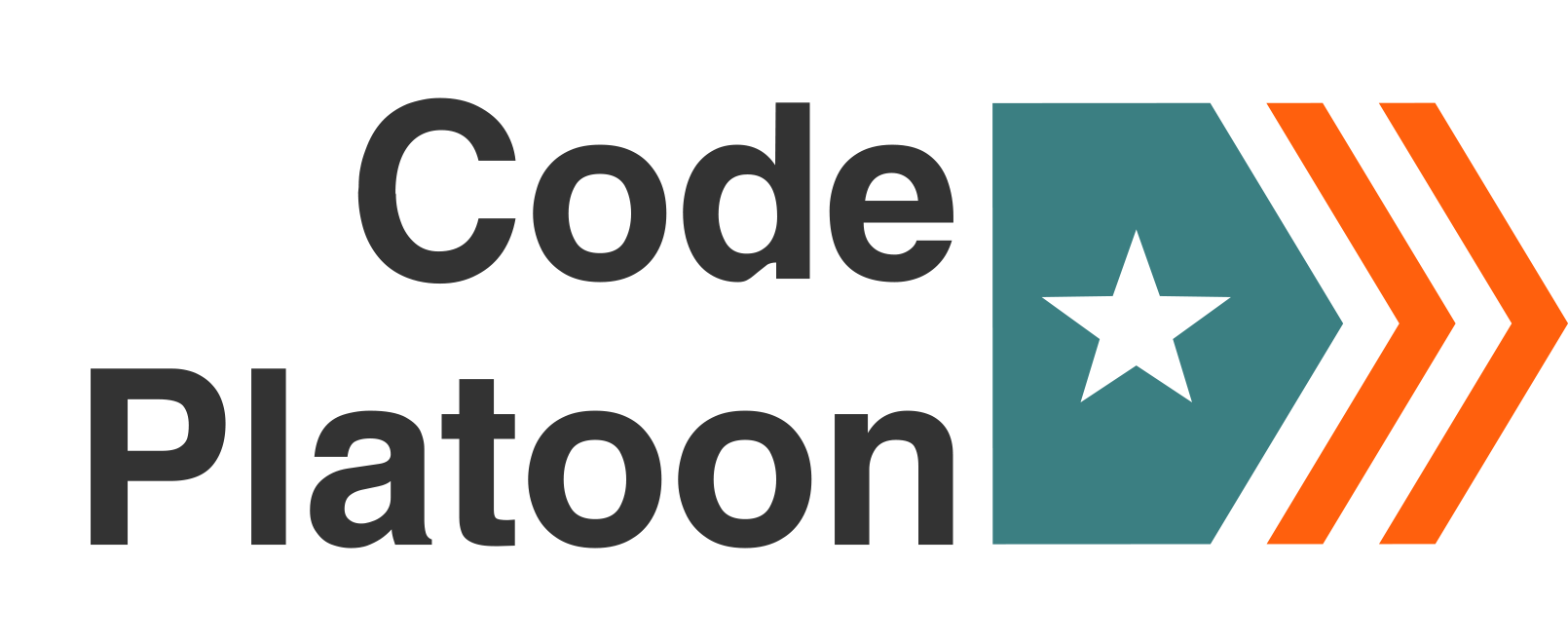
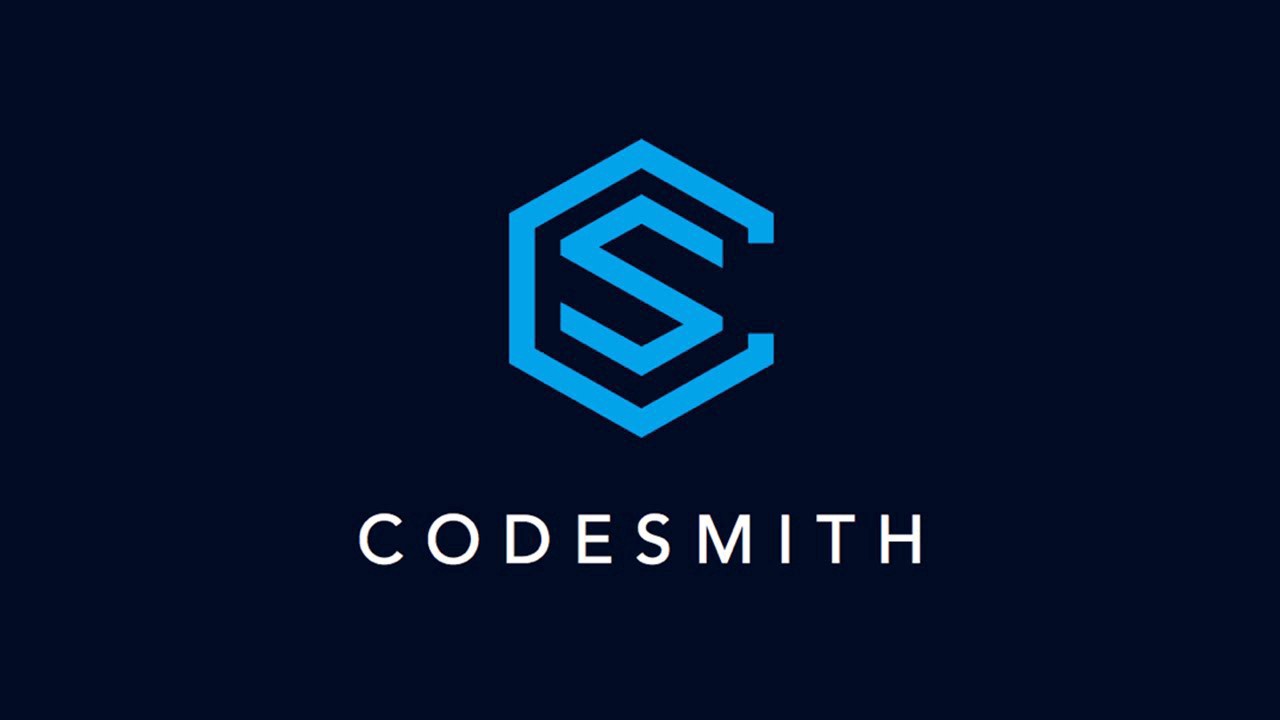



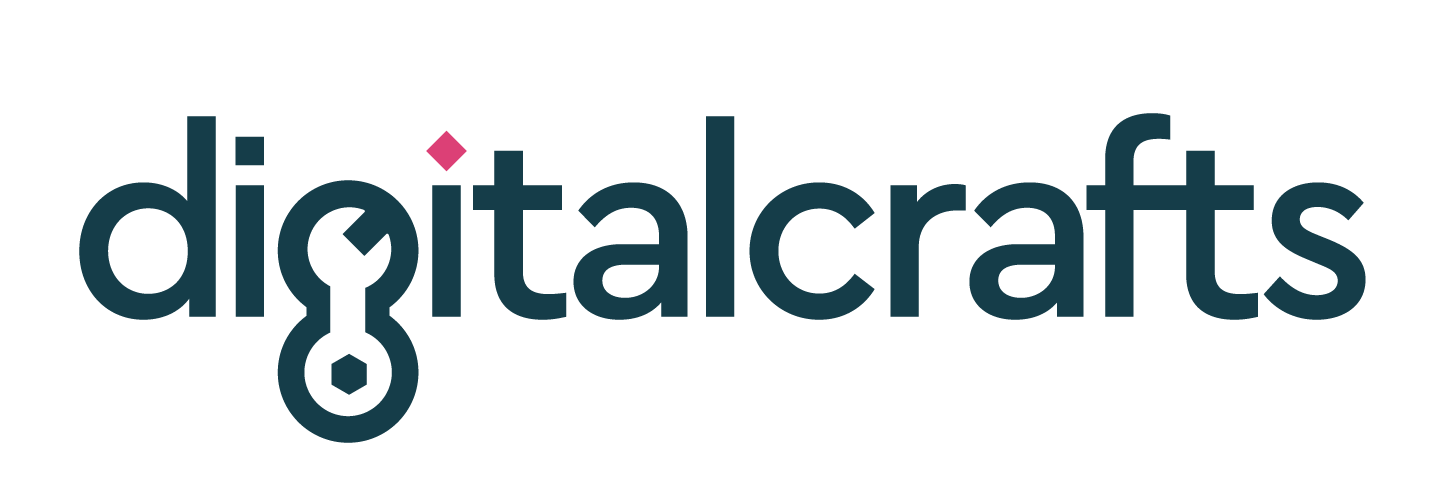



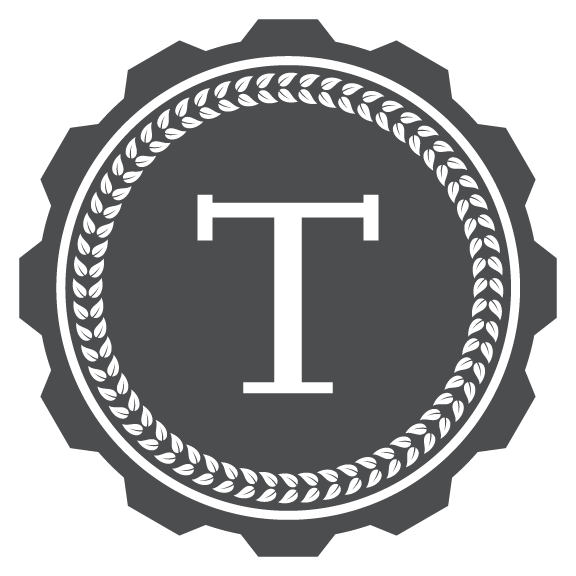

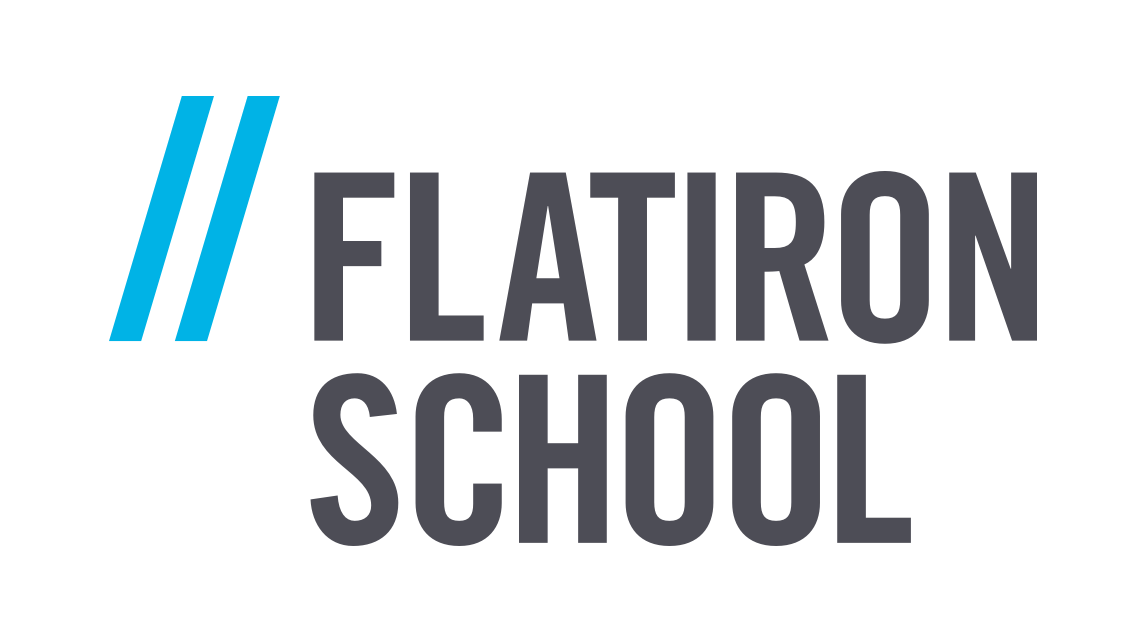



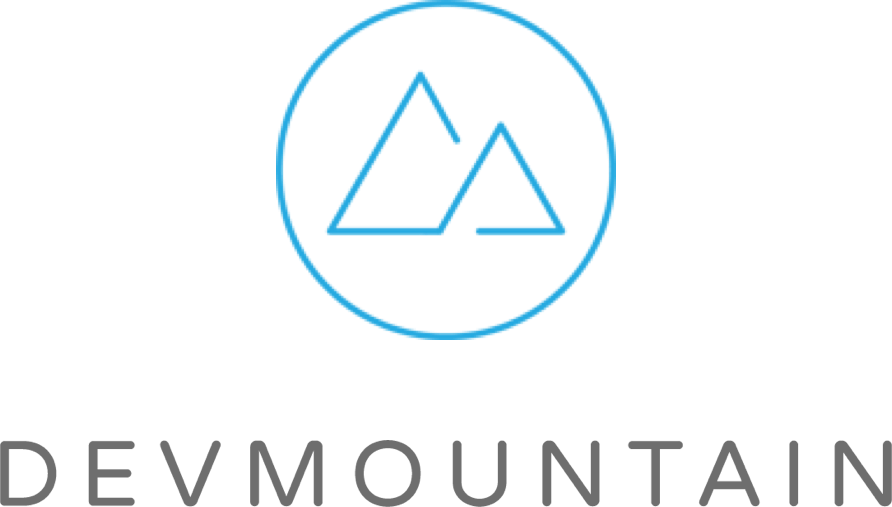
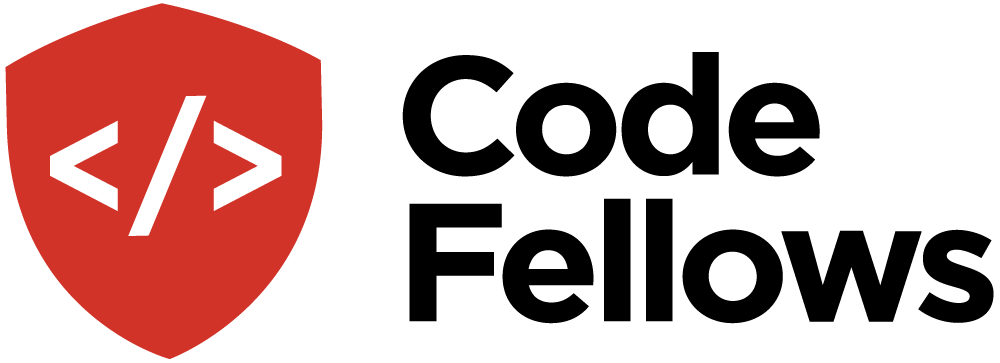

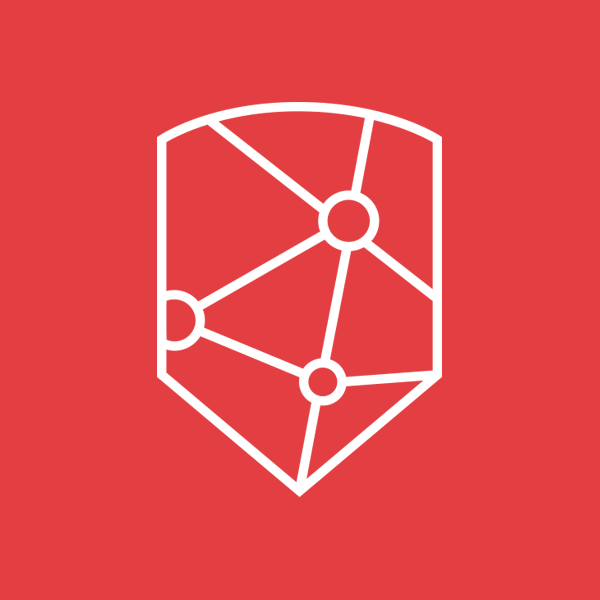

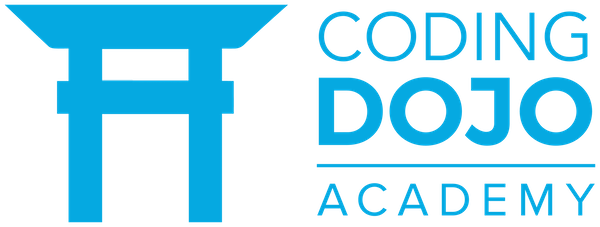


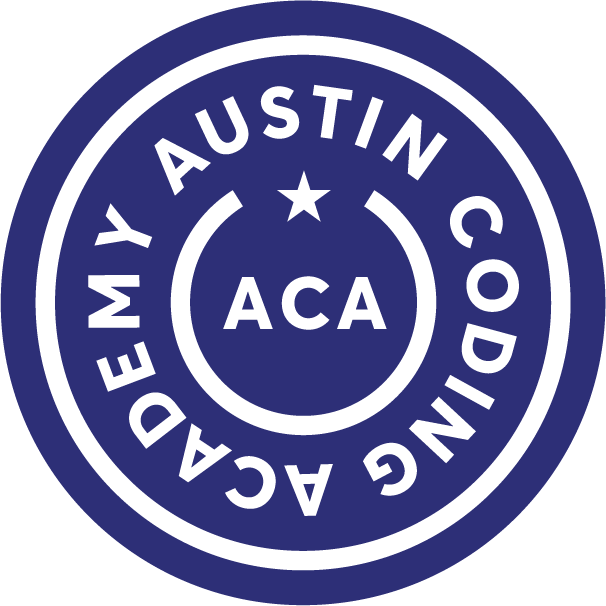


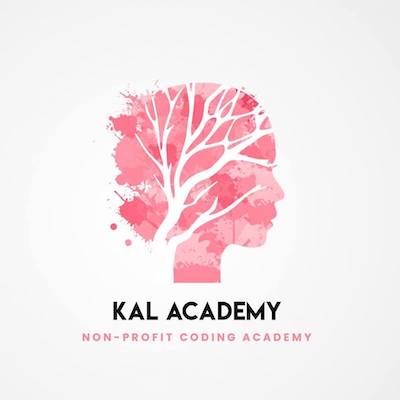







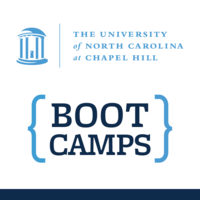
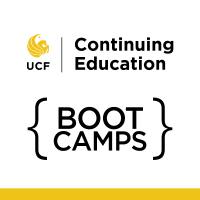

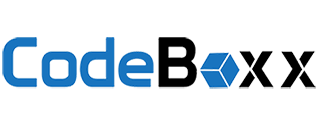
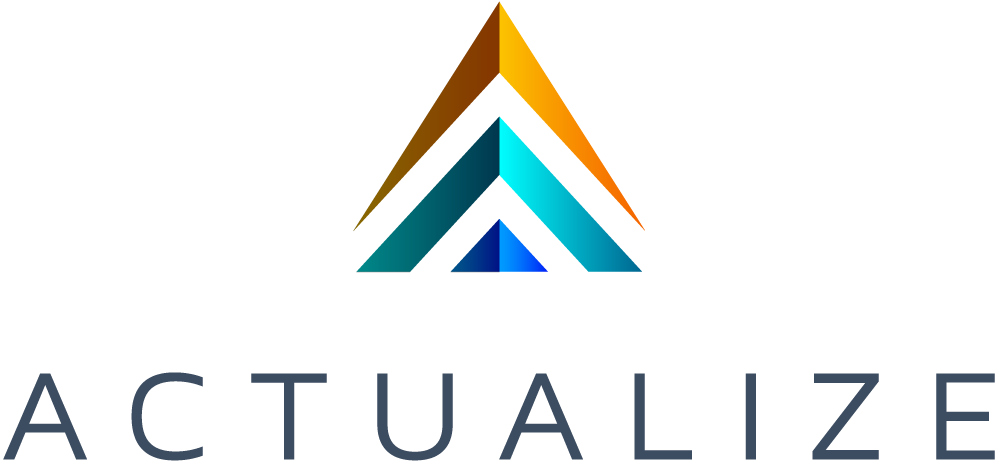
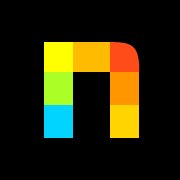






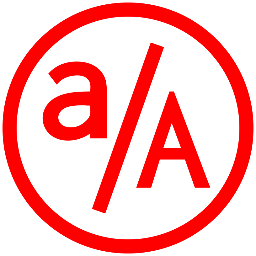
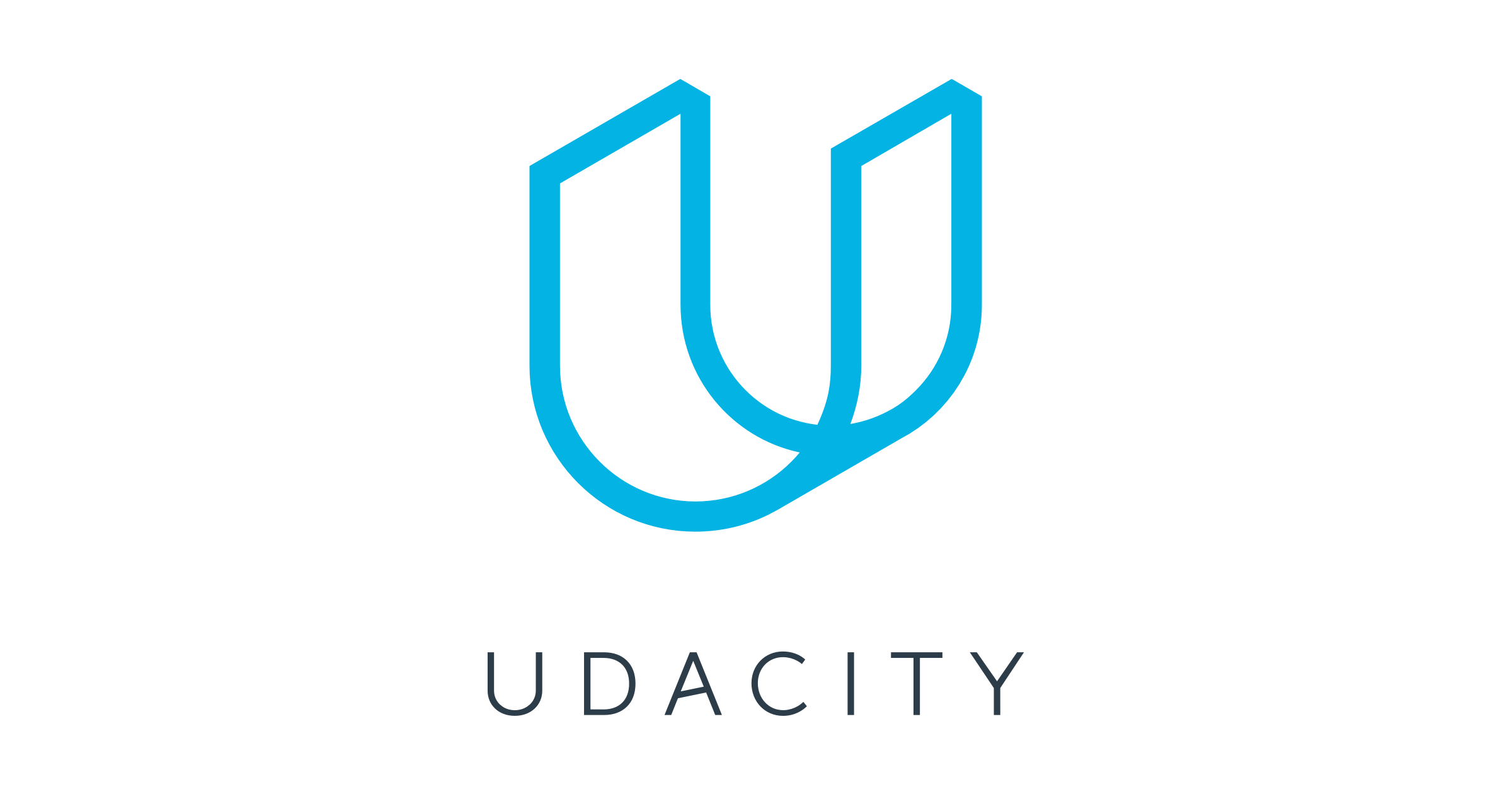

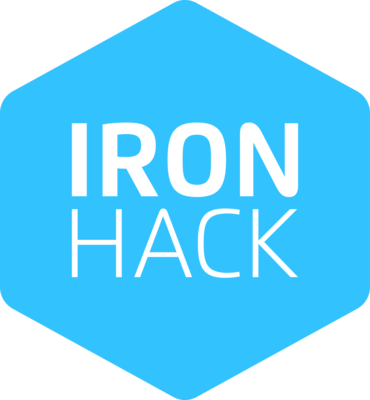

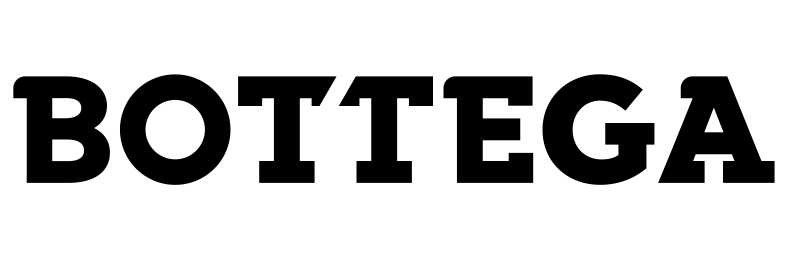

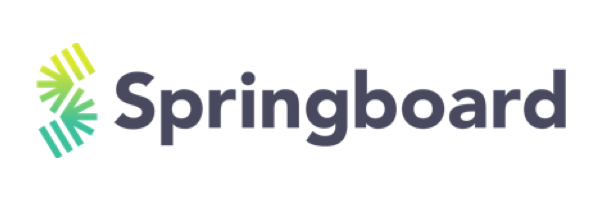

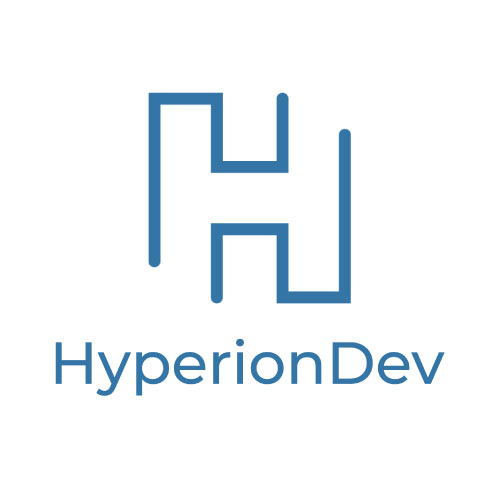


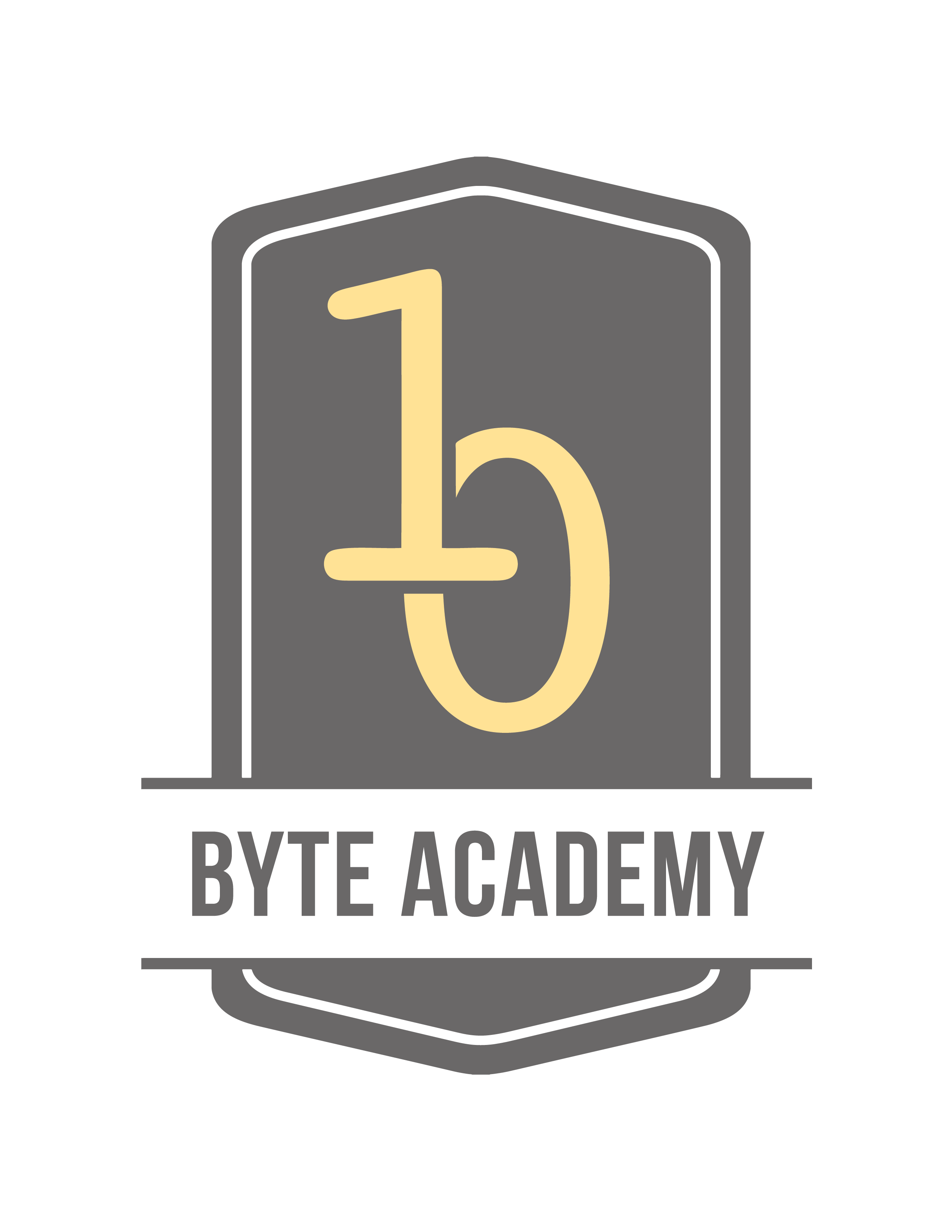




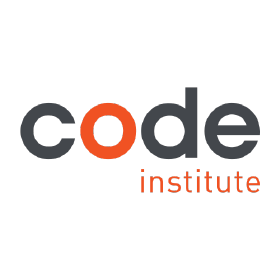



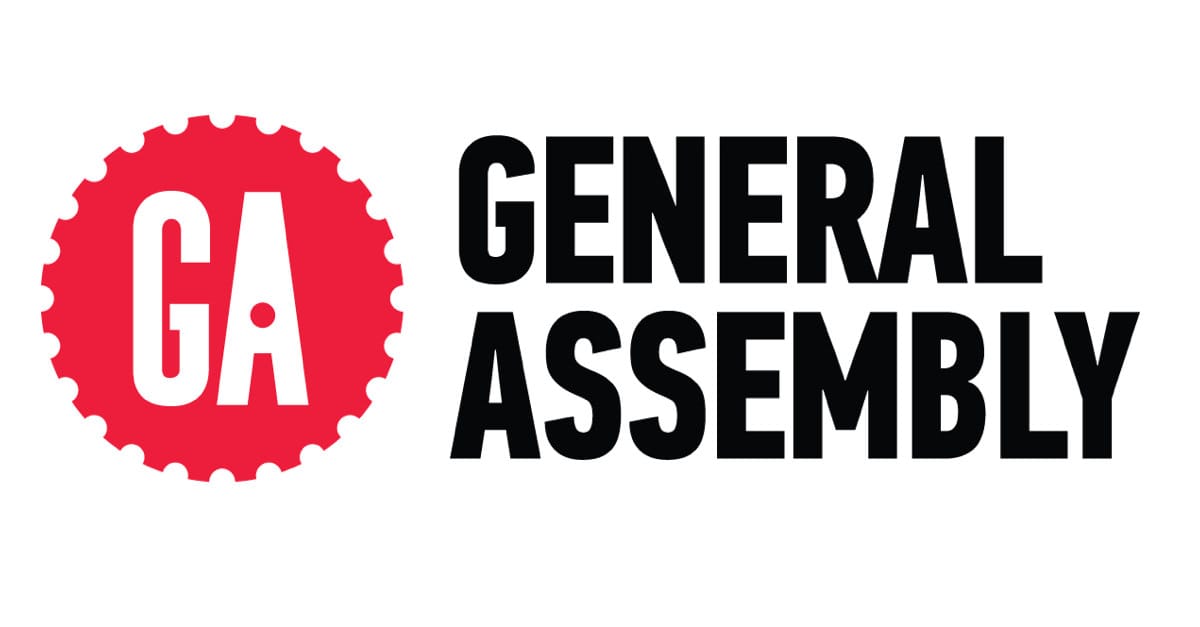











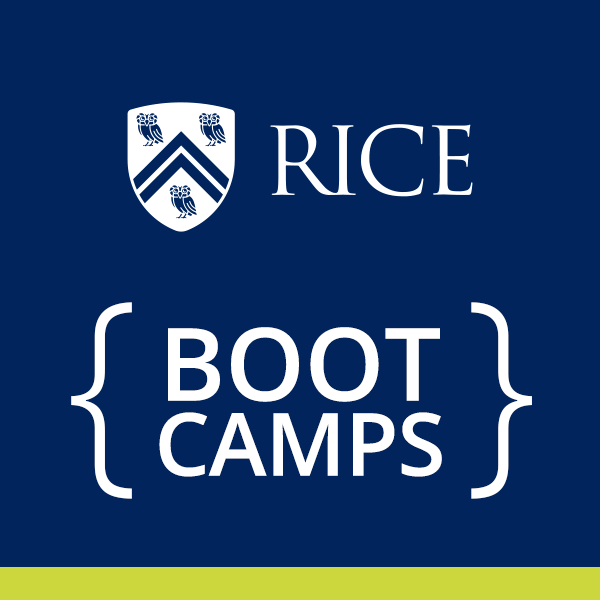





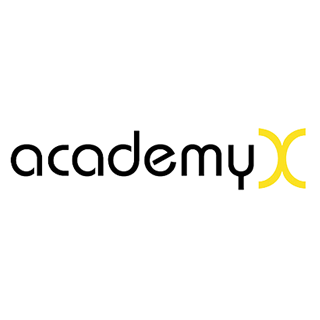




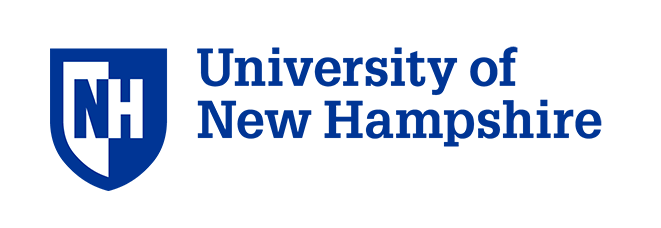



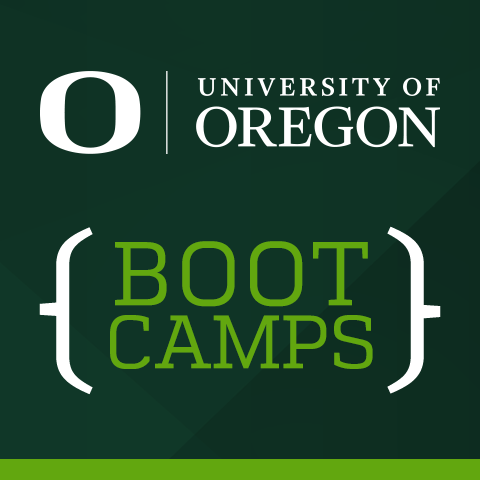
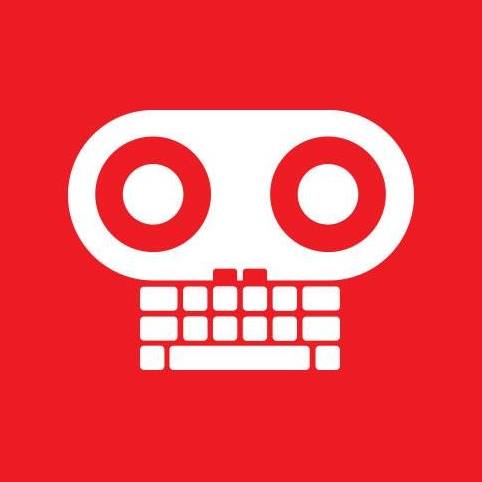














.png?ixlib=vue-2.9.1)







